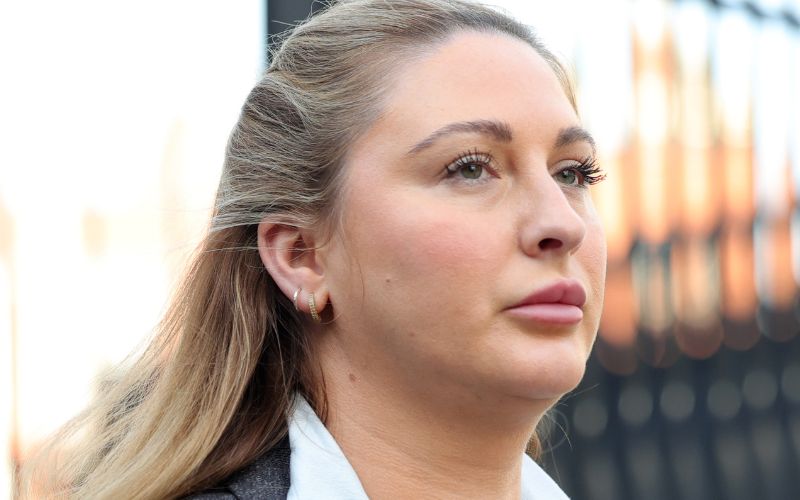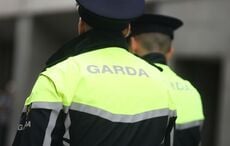The woman who has accused MMA champion Conor McGregor of violently raping her had extensive bruising over her body, the High Court has heard.
Eithne Scully, an advanced paramedic with Dublin Fire Brigade with over 16 years’ experience, said: "I haven’t seen somebody so bruised in all my time."
She said that was with regard to both the intensity and the amount of bruises on Nikita Hand, on the morning after the alleged assault in December 2018.
Ms. Hand has alleged in her civil action that Mr. McGregor had held her in a choke hold before raping her in a penthouse suite at the Beacon Hotel in Dublin. She has also alleged that a second man, James Lawrence, subsequently also raped her.
Both men have issued a blanket denial to her allegations, and claim the sex was consensual.
The court heard that Ms. Scully and a paramedic colleague were called to the house of the plaintiff’s mother, Debbie Hand, shortly before 9 am on Monday, December 10.
Ms. Scully said she found Nikita Hand in bed, in a "very withdrawn, very agitated and upset condition."
An examination of her body both there, and in the ambulance, revealed bruising to her neck, chest, arms, buttocks, and legs, she said.
CCTV
The jury was shown CCTV from inside the ambulance, on which Ms. Scully could be seen looking at the bruising to Ms. Hand’s lower body.
Ms. Scully recalled: "She told me that she had been grabbed around the neck, and she said about fighting somebody off, and that there was a threat made to her."
She said Ms. Hand had not named her attacker.
Ms. Hand was taken by ambulance to the Sexual Assault Treatment Unit of the Rotunda Hospital, the court heard.
Paramedic Neil Dempsey, who travelled with Ms. Hand in the back of the vehicle, said that she had an elevated heart rate, and that she appeared to suffer a panic attack on the way.

November 12, 2024: Nikita Hand leaving the High Court in Dublin. (RollingNews.ie)
Read more
PTSD
Ms. Hand’s GP, Dr. Frank Clarke, said Ms. Hand had been diagnosed with Post Traumatic Stress Disorder following the alleged assault.
He said the disorder was said by medical text books to follow an "extremely stressful or terrifying event."
The symptoms included flashbacks, nightmares, severe anxiety, intrusive thoughts about the event, triggers, and having a hard time coping with everyday life, he said.
Dr. Clarke said Ms. Hand had experienced a particularly difficult time trying to return to work as a hairdresser and colourist, as it was a social role in which she had to interact with people and be positive and "cheery," he said.
Hearing her clients talk about social media reports of the alleged incident, not knowing they were speaking about her, was a particularly stressful trigger, he said.
Traumatic
He said that memory problems, including not remembering aspects of a traumatic event, were an important feature of PTSD, he told the court.
People suffering from the disorder could also feel detached from or fall out with family and friends, which was something Ms. Hand experienced, he said.
"Her relationship with her partner at the time failed, and she had difficulty supporting her mother," he said.
Dr. Clarke noted that Ms. Hand had a history of suffering from anxiety, and had been taking medication to help with this.
However, the earlier level of anxiety was far less severe than what she experienced with PTSD, he said.
The case continues before Judge Alexander Owens and a jury of eight women and four men.
*This article was originally published on Extra.ie.




Comments